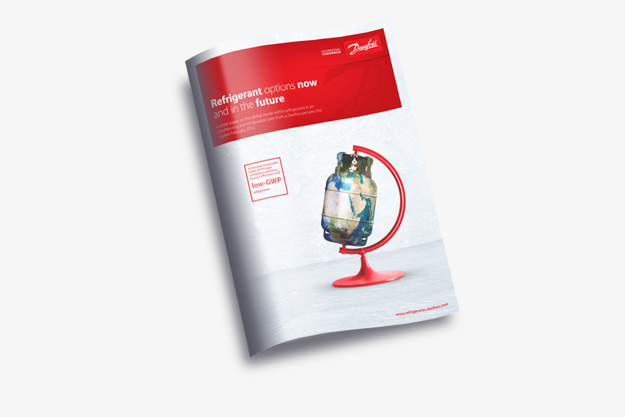Sustainable solutions are in the best interest of all stakeholders in our industry. Sustainability safeguards long-term investments and ensures compliance with Corporate Social Responsibility (CSR).
Today, when talking about refrigerants and long-term sustainability, Danfoss considers three main parameters that must be aligned to accomplish a sustainable balance: affordability, safety, and environment.
In a future, when GWP values decrease due to phase downs and energy efficiency demands (MEPS) increase, HVACR professionals will focus on using components that allow for the lowest possible charge and technologies with the best cost/performance for a given refrigerant type.
Refrigerants with a modest GWP
From a global perspective, the tendency of the industry is to move increasingly toward natural refrigerant solutions when it is both technologically safe and economically feasible. Synthetic refrigerants are still likely to play an important role in both the refrigeration and air conditioning industries, where the trend is also moving toward new low-GWP substances that cause a minimal environmental impact.
Refrigerants that have a modest GWP can be sufficient for bringing down emissions. For example, according to the IPCC 5th report, R32, which has a GWP of 677, is a valid substitute for R410A, which has a GWP of 1900, lowering the impact by 1/3 or more, since the volumetric efficiency of R32 is higher than that of R410A. Another example is the substitution of R404A with either R407A or R407F, achieving a 50% reduction in GWP at nearly the same efficiency.
These alternative refrigerants can lower emissions considerably while offering a pragmatic, albeit temporary, solution.


